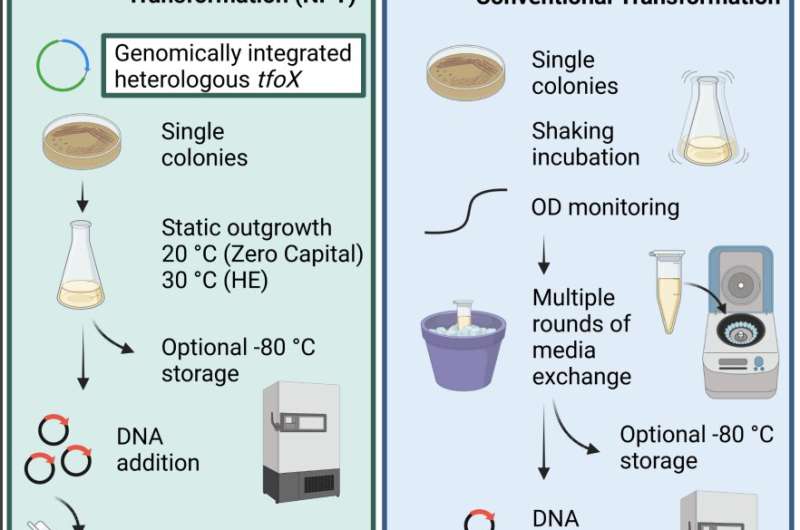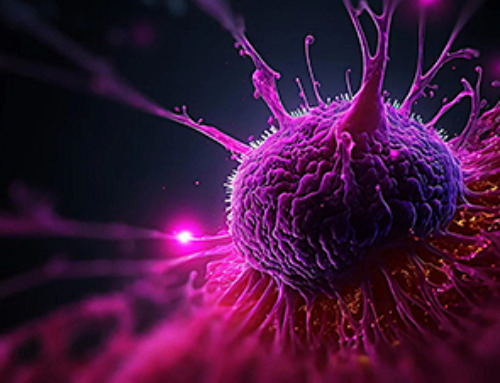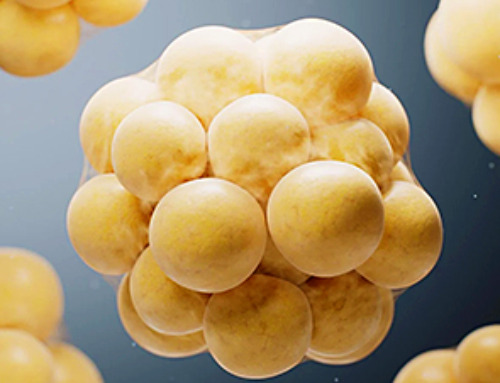Cornell University researchers have created a new version of a microbe to compete economically with E. coli—a bacteria commonly used as a research tool due to its ability to synthesize proteins—to conduct low-cost and scalable synthetic biological experiments.
As an inexpensive multiplier—much like having a photocopier in a test tube—the bacteria Vibrio natriegens could help labs test protein variants for creation of pharmaceuticals, synthetic fuels and sustainable compounds that battle weeds or pests. The microbe can work effectively without costly incubators, shakers or deep freezers and can be engineered within hours.
The research was published Feb. 13 in PNAS Nexus.
“It’s really easy to produce,” said lead author David Specht, a postdoctoral researcher in the laboratory of Buz Barstow, assistant professor of biological and environmental engineering.
To study proteins for creating medical cures or fashioning fuels, researchers use a plasmid (a small piece of DNA) that acts as the instruction manual to make the molecular machine—a protein—of interest. Currently, when researchers place a plasmid into E. coli, they can create many copies to test several variants.

E. coli cells help molecular biologists multiply and manipulate plasmids for protein engineering, but the process is expensive since they often purchase the bacteria from manufacturers, must keep it cold and maintain rooms of expensive equipment to sustain it. A modified E. coli, used for this purpose, is also very fragile.”As scientists, we don’t often know precisely what those regulatory or molecular sequences should be to achieve our goals,” said Barstow. “So, we must test a lot of variants, and Vibrio natriegens allows researchers to scale up that process of testing.”
The microbe V. natriegens is not complicated, Specht said. “It’s so simple to make that someone with limited resources—like high school labs, home inventors or startup biological businesses—can do it,” he said.
Researcher Timothy Sheppard compared the simplicity of V. natriegens in conducting synthetic and molecular experiments to using a simple writing instrument hundreds of years old. “We’ve found nature’s pencil for cloning and conducting synthetic biology,” he said.
The process is inexpensive with V. natriegens, as it requires no capital equipment purchases and it can work at room temperature. The cells produced from V. natriegens grow quickly: According to the paper, a transformation started at 9 a.m. yields visible colonies by 5 p.m., each filled with masses of proteins.
“The microbe is a radically simple solution to a hard problem,” Barstow said.
More information: Efficient Natural Plasmid Transformation of Vibrio natriegens Enables Zero-capital Molecular Biology, PNAS Nexus (2024). DOI: 10.1093/pnasnexus/pgad444
Provided by Cornell University
News
Scientists reveal how exercise protects the brain from Alzheimer’s
Researchers at UC San Francisco have identified a biological process that may explain why exercise sharpens thinking and memory. Their findings suggest that physical activity strengthens the brain's built in defense system, helping protect [...]
NanoMedical Brain/Cloud Interface – Explorations and Implications. A new book from Frank Boehm
New book from Frank Boehm, NanoappsMedical Inc Founder: This book explores the future hypothetical possibility that the cerebral cortex of the human brain might be seamlessly, safely, and securely connected with the Cloud via [...]
Deadly Pancreatic Cancer Found To “Wire Itself” Into the Body’s Nerves
A newly discovered link between pancreatic cancer and neural signaling reveals a promising drug target that slows tumor growth by blocking glutamate uptake. Pancreatic cancer is among the most deadly cancers, and scientists are [...]
This Simple Brain Exercise May Protect Against Dementia for 20 Years
A long-running study following thousands of older adults suggests that a relatively brief period of targeted brain training may have effects that last decades. Starting in the late 1990s, close to 3,000 older adults [...]
Scientists Crack a 50-Year Tissue Mystery With Major Cancer Implications
Researchers have resolved a 50-year-old scientific mystery by identifying the molecular mechanism that allows tissues to regenerate after severe damage. The discovery could help guide future treatments aimed at reducing the risk of cancer [...]
This New Blood Test Can Detect Cancer Before Tumors Appear
A new CRISPR-powered light sensor can detect the faintest whispers of cancer in a single drop of blood. Scientists have created an advanced light-based sensor capable of identifying extremely small amounts of cancer biomarkers [...]
Blindness Breakthrough? This Snail Regrows Eyes in 30 Days
A snail that regrows its eyes may hold the genetic clues to restoring human sight. Human eyes are intricate organs that cannot regrow once damaged. Surprisingly, they share key structural features with the eyes [...]
This Is Why the Same Virus Hits People So Differently
Scientists have mapped how genetics and life experiences leave lasting epigenetic marks on immune cells. The discovery helps explain why people respond so differently to the same infections and could lead to more personalized [...]
Rejuvenating neurons restores learning and memory in mice
EPFL scientists report that briefly switching on three “reprogramming” genes in a small set of memory-trace neurons restored memory in aged mice and in mouse models of Alzheimer’s disease to level of healthy young [...]
New book from Nanoappsmedical Inc. – Global Health Care Equivalency
A new book by Frank Boehm, NanoappsMedical Inc. Founder. This groundbreaking volume explores the vision of a Global Health Care Equivalency (GHCE) system powered by artificial intelligence and quantum computing technologies, operating on secure [...]
New Molecule Blocks Deadliest Brain Cancer at Its Genetic Root
Researchers have identified a molecule that disrupts a critical gene in glioblastoma. Scientists at the UVA Comprehensive Cancer Center say they have found a small molecule that can shut down a gene tied to glioblastoma, a [...]
Scientists Finally Solve a 30-Year-Old Cancer Mystery Hidden in Rye Pollen
Nearly 30 years after rye pollen molecules were shown to slow tumor growth in animals, scientists have finally determined their exact three-dimensional structures. Nearly 30 years ago, researchers noticed something surprising in rye pollen: [...]
How lipid nanoparticles carrying vaccines release their cargo
A study from FAU has shown that lipid nanoparticles restructure their membrane significantly after being absorbed into a cell and ending up in an acidic environment. Vaccines and other medicines are often packed in [...]
New book from NanoappsMedical Inc – Molecular Manufacturing: The Future of Nanomedicine
This book explores the revolutionary potential of atomically precise manufacturing technologies to transform global healthcare, as well as practically every other sector across society. This forward-thinking volume examines how envisaged Factory@Home systems might enable the cost-effective [...]
A Virus Designed in the Lab Could Help Defeat Antibiotic Resistance
Scientists can now design bacteria-killing viruses from DNA, opening a faster path to fighting superbugs. Bacteriophages have been used as treatments for bacterial infections for more than a century. Interest in these viruses is rising [...]
Sleep Deprivation Triggers a Strange Brain Cleanup
When you don’t sleep enough, your brain may clean itself at the exact moment you need it to think. Most people recognize the sensation. After a night of inadequate sleep, staying focused becomes harder [...]





















